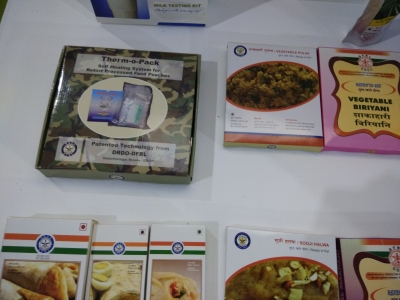London–Consuming a high amount of ultra-processed foods may increase the risk of death from any cause by 26 per cent, and 58 per cent specifically from cardiovascular diseases, say researchers.
Supermarket shelves are increasingly flooded with foods produced by extensive industrial processing, generally low in essential nutrients, high in sugar, oil and salt and liable to be overconsumed.
Now a study from IRCCS NEUROMED – Mediterranean Neurological Institute in Italy, confirms that these foods are harmful to health.
Published in the American Journal of Clinical Nutrition, the study was conducted on over 22,000 people participating in the Moli-sani Project.
By analyzing their eating habits and following their health conditions for over 8 years, the researchers were able to observe that those consuming a high amount of ultra-processed foods had an increased risk of death.
“We used the international NOVA classification, which characterizes foods on the basis of how much they undergo extraction, purification or alteration,” said study author Marialaura Bonaccio from IRCCS.
Those with the highest level of industrial processing fall into the category of ultra-processed foods.
“According to our observations, people consuming large amounts of these foods have an increased risk of dying from cardiovascular and cerebrovascular diseases,” Bonaccio added.
The main culprit could be sugar, which in ultra-processed foods is added in substantial amounts . But the answer seems more complex.
“According to the analyses, the excess of sugar does play a role, but it accounts only for 40 per cent of the increased death risk.
“Efforts aimed to lead the population towards a healthier diet can no longer be addressed only by calories counting or by vague references to the Mediterranean diet.”
Young people in particular are increasingly exposed to pre-packaged foods, easy to prepare and consume, extremely attractive and generally cheap.
“Spending a few more minutes cooking a lunch instead of warming a container in the microwave, or maybe preparing a sandwich for our children instead of putting a pre-packaged snack in their backpack: these are actions that will reward us over the years,” the authors noted. (IANS)


